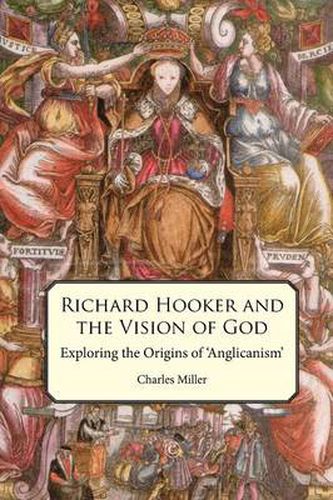Charles Miller’s rigorous and sensitive examination of Richard Hooker’s theology makes a valuable addition to the field of study of the cleric, one of the founding theologians of modern Anglicanism. Miller examines Hooker’s works in detail, leading the reader through different facets of his vision of God: creation, Scripture, the sacraments, and practices of Christian devotion. Hooker’s theology challenges an increasingly time-bound, relativistic approach to doctrine and truth; his sources were as wide, as ancient, and as modern as Hooker could make them. Miller’s thoughtful analysis is informed throughout by an understanding of the context of Hooker’s theological development against the backdrop of continental Calvinism and the remnants of Roman Catholicism in England. The growth of interest in Hooker among specialists has been accompanied by an abandonment of the serious study of Hooker’s thought among theological students, clergy and theologians. Miller’s work addresses this lack; Hooker’s insights must not be forgotten in the daily distribution of theological food to Christian people. A study which attunes readers to Hooker’s particular theological ‘voice’ and teaches its value both in his own context and as a present-day interlocutor, this volume will be of great interest to Christians and theological students alike.





